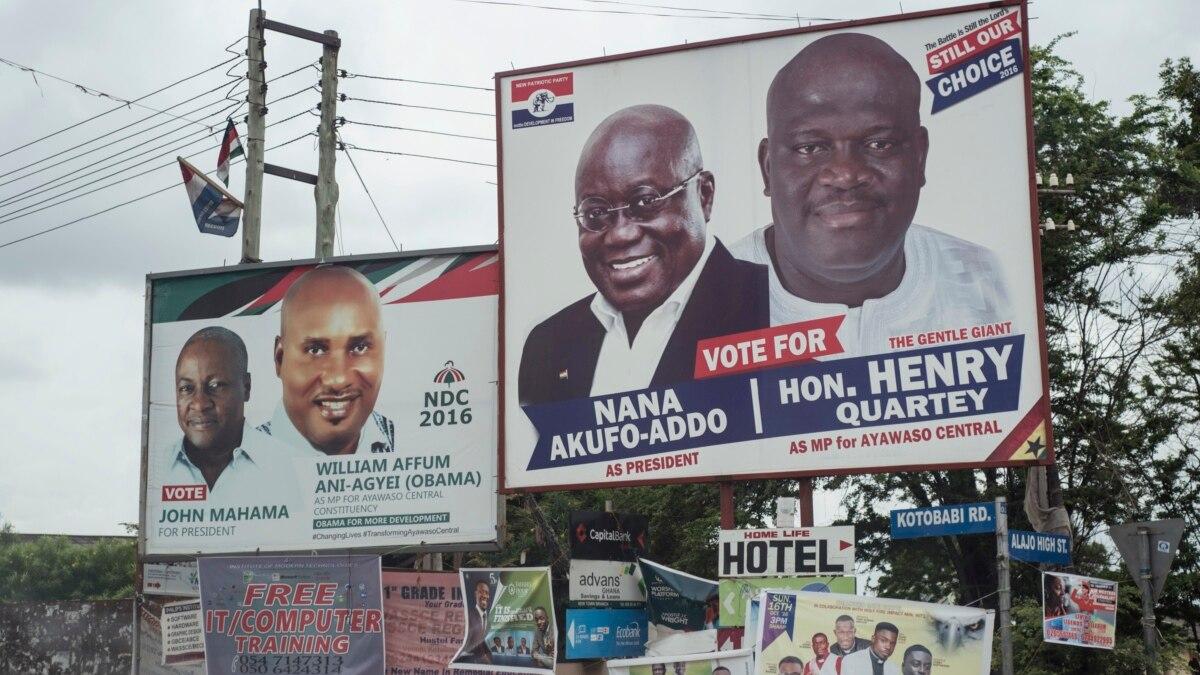Table of Contents
Introduction
Ghana is renowned for its democratic credentials and a vibrant multiparty system. Though,the country’s electoral landscape is frequently enough characterized by deep political divides and the need to ensure free and fair elections. This article delves into the challenges and strategies employed to navigate these divides and guarantee electoral integrity in Ghana.
Political Divides in Ghana
Past Divide:
Ghana’s political landscape is shaped by a historical divide between the National Democratic Congress (NDC) and the New Patriotic party (NPP).
Ethnocultural Factors:
Certain regions of the country have strong ethnic and cultural affiliations with specific political parties, influencing voting patterns.
Socioeconomic Disparities:
Inequality and economic disparities can lead to support for parties perceived to represent the interests of certain demographic groups.
Ensuring Free and Fair Elections
Electoral Commission (EC)
The EC is the autonomous body responsible for conducting elections and ensuring their credibility.
its impartiality and competence are crucial for public trust in the electoral process.
Political Party Cooperation:
Inter-party dialog and cooperation are essential for reducing tensions and creating a conducive environment for peaceful elections.
Political leaders must demonstrate a commitment to non-violence and acceptance of election results.
Voter Education and Awareness:
providing accurate information about the electoral process and candidates empowers voters and reduces potential for irregularities.
Civic education campaigns can raise awareness about the importance of responsible voting and election monitoring.
Election Observation and Monitoring:
Domestic and international observers play a vital role in ensuring clarity and accountability.
Observation missions monitor voting,counting,and other key processes to identify any irregularities.
Benefits of Free and Fair elections
Legitimacy: Elections that are perceived as free and fair lend legitimacy to the government and its decisions.
stability: Fair elections contribute to political stability by reducing the risk of political unrest and violence.
Accountability: Regularly held fair elections hold politicians accountable to their constituents.
Economic Development: Electoral integrity promotes investor confidence and facilitates economic growth.
Case studies
2020 Ghana elections: The 2020 presidential election was closely contested, with allegations of irregularities. The EC’s transparent handling of the situation and adherence to due process helped maintain trust in the outcome.
2008 Kenya Elections: The 2008 Kenyan elections were marred by post-election violence. In contrast, Ghana’s 2008 elections were peaceful, demonstrating the importance of electoral integrity for social cohesion.
Practical Tips for Voters
Verify your voter registration status in advance.
Familiarize yourself with the voting process before Election Day.
Vote responsibly and do not engage in any form of electoral misconduct.
Respect the right of others to choose their candidates peacefully.
Report any irregularities or suspected electoral malpractices to the appropriate authorities.
Conclusion
Navigating political divides and ensuring free and fair elections is a delicate task in Ghana. Though, through the collaboration of political parties, the EC, civil society, and the citizenry, the country has made critically important progress in strengthening its electoral system. By embracing transparency, inclusivity, and accountability, Ghana can continue to uphold its democratic values and serve as a beacon of electoral integrity in Africa and beyond.

